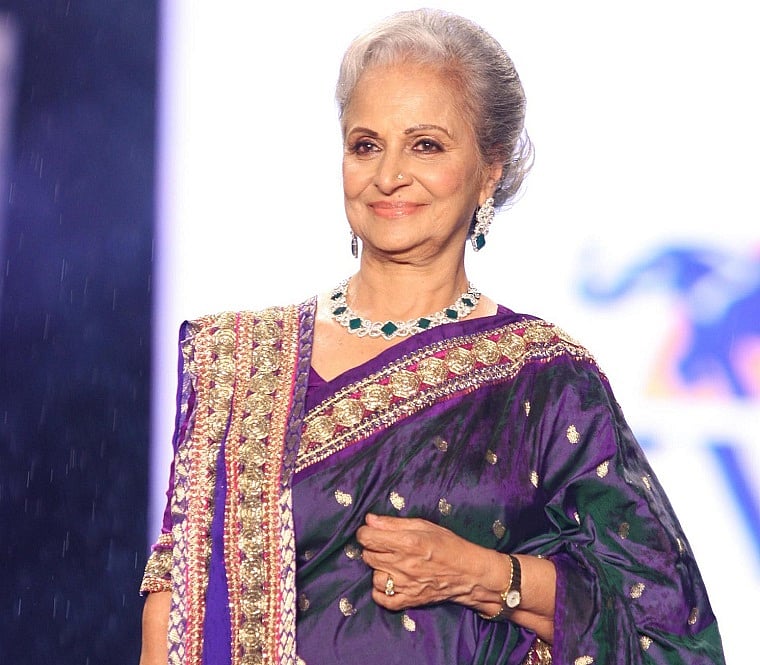Pahuncha jo tere dar pe
toh mahsoos ye hua
Lambi-si ek qataar mein jaise khada hoon main
(When I reached at your doorstep, I realiaed /As if, I'm standing in a long queue)
—Qateel Shifai
Such simple poetry, rather the selection of such intelligible poetry made Jagjit Singh a household name in the world of popular ghazals. Besides already established Jagjit Singh, 1980s witnessed a spurt of ghazal singers like Pankaj Udhas, Rajendra and Nina Mehta, Satish Babbar, Talat Aziz, among others. Yet, Jagjit Singh stood out because listeners could relate to his types of ghazals. The connoisseurs of modern Urdu poetry will always be thankful to Jagjit Singh for simplifying ghazals with a view to make them intelligible to those who understand Urdu, but are not at home with the heavily-loaded Persianised Urdu-e-Mu’alla.
Jagjit would often quote Makhdoom Mohiuddin’s famous couplet, ‘Ghazal woh jo aam-faham ho/ Daanishmandi ka na jis mein bharam ho’ (That’s an ideal ghazal which is understood by all/ And that has no illusion/pretension of being pedantic). Hailing from a small town (Sri Ganganagar) in Rajasthan, Jagjit had an inkling that the classical Urdu poetry was on the wane. There was a touch-me-not kind of sacrosanct air, aura and arrogance about ghazals with all maestros singing Mir Taqi Mir, Ghalib, Momin Khan Momin, Daagh Dehlvi, to name a few. These great classical Urdu poets wrote exquisite ghazals, but also used extremely difficult and inkhorn Persian and Arabic terms and words in their poetry. Legends like Mehdi Hasan, Ghulam Ali, Begum Akhtar, Farida Khanum were singing the classical ghazals in a classical manner. In short, ghazal was still out of bounds for the masses.
Jagjit vowed to change the scenario and the status quo prevalent in the sphere of ghazals. ‘Meri ghazal shayaqeen se baat karegi/ Meri ghazal unhein dekh ke muskurayegi’ (My ghazal will talk to the connoisseurs/ My ghazal will smile seeing them), he said in an interview to a film magazine in the early ’70s.
His ghazals indeed struck a cord with the audience and exuded a benign smile. Masses lapped him up because he was singing in their lingo depicting a simple philosophy. ‘Mera falsafa hayaat ka/ Ye falsafa nahin dushvaar baat ka’ (My philosophy is philosophy of life/ It’s not about something abstruse or recondite), was his simple mantra and he adhered to this dictum till he breathed his last in 2011. Jagjit shall be remembered for his baritone and straightforward rendition of ghazals in his simple, but inimitable style. All said and done, though he made ghazal accessible to everyone, he didn’t dilute its spirit and essence. Here lies his greatness as a quintessential exponent of modern ghazal-singing.
(The writer is an advanced research scholar of Semitic languages, cultures, religions and civilisations. He teaches linguistics, psycho-linguistics and philology at world’s premier varsities and contributes to world’s leading publications and portals in various languages.)












